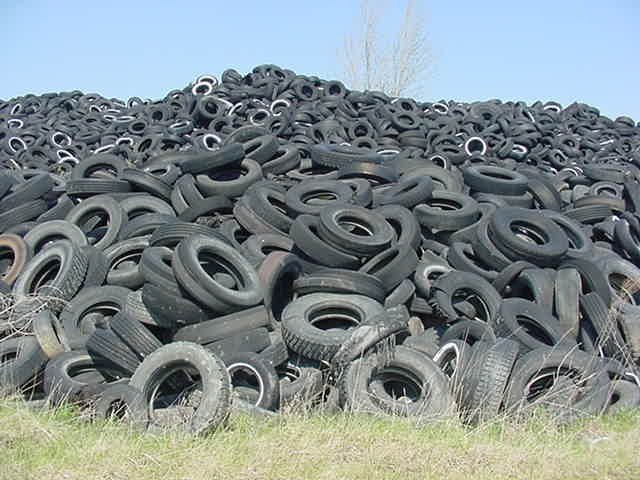
Recycling is just rubbish
Waste is big business. Australians spend over $2billion each year on disposing of around 30 million tonnes of waste. Over 1700 companies operate in the waste disposal sector employing about 10,000 people. The waste management industry is bigger than sugar or cotton and only marginally smaller than Australia’s annual export of grapes.
Big business it may be, but that two billion dollars produces nothing and, while it adds to the published GDP, adds no value to the economy. In an attempt to reduce the rising costs of landfill governments actively promote recycling.
As individuals, Australians enthusiastically embrace recycling. We separate paper, glass, metals and recyclable plastic from the rest of our rubbish. Many of us compost kitchen scraps and garden waste, some councils offer a third, green topped bin for garden waste.
We get a warm inner glow from carting the yellow (or purple) topped wheelie bin into the street once a fortnight, confident that we can save our grandchildren from a mad Max future. They shall not fight over the few, remaining resources among the remnants of a once great civilisation, just so long as we sort our rubbish.
This view is over simplistic. In fact, something about the waste management business smells and it is not just the unwashed wheelie bins.
